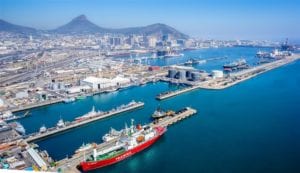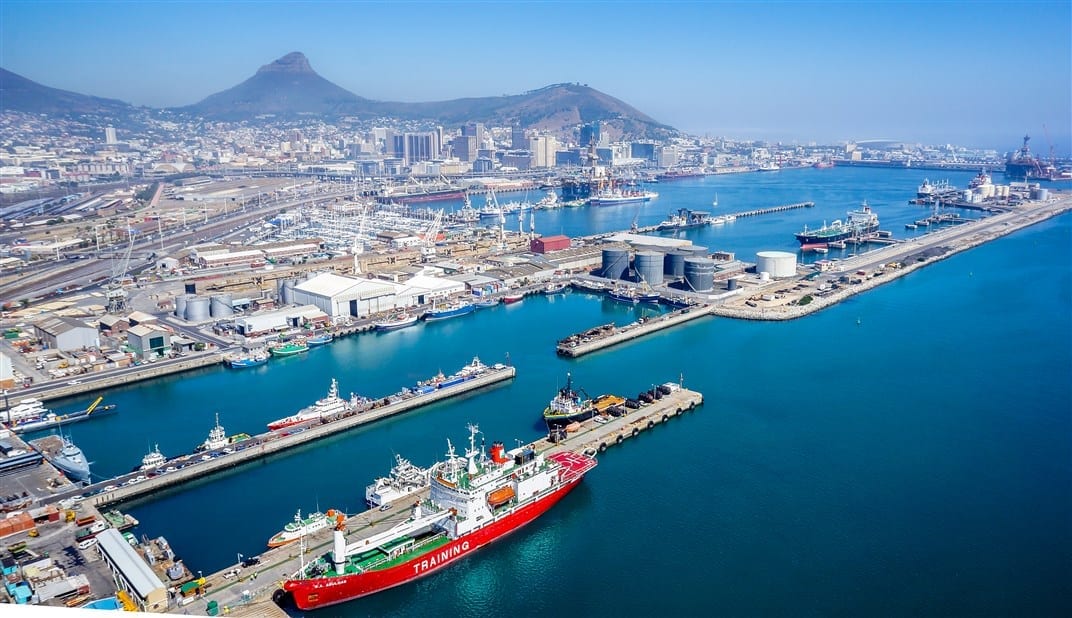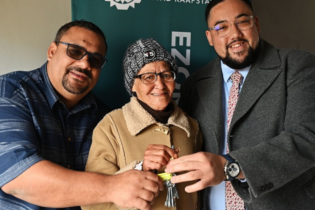Table Mountain Group aquifer
Cape Town receives 98.5% of its potable water from surface water resources. Unpredictable weather patterns have resulted in municipalities across the country looking at alternative and innovative means for catching, preserving, reusing and recycling water. But in the Cape, an untapped water source is available – an aquifer underneath the Table Mountain Group formation. An aquifer is described as a body of permeable rock which can contain or transmit groundwater. Water specialist Chris Hartnady recently spoke to Carte Blanche about a new project which he has undertaken to help alleviate the Cape’s water crisis by extracting water from the aquifer. However this is a longterm solution. The aquifer is “one of the largest in the world and is quite unique,” Hartnady said. It is 450 million years old. There is only one other aquifer with a similar rock formation in the world and is found in South America.Hartnady explained that while the rock is incredibly strong and hard, through the fissures in the rocks, water penetrates through down to the groundwater level.
The City of Cape Town was supposed to rollout this pilot project in 2011, but put it on hold. One and a half hours from Cape Town however, Hermanus is not experiencing any water crisis as the city tapped into this water resource in 2011. Several boreholes were dug and a water source was located 200m into the ground. Hermanus uses 3.2 billion litres of water per year from boreholes around the city, however Steven Muller from the Overstrand Municipality stressed the strict management of this water source. Muller explained that the amount of water taken from the boreholes has to be strictly monitored as such a resource takes extremely long to fill. He described this water source as “very secure” with good quality water. The pilot project is due to come back on track for the City of Cape Town in 2024 which means that alternative measures need be taken to get Cape Town through the year without going dry. Dr Mao Amis from the African Centre for Green Economy said that ultimately, the “softer solution”, which includes citizens drastically decreasing their water consumption and preserving water resources, will bring Cape Town out of its water crisis.





